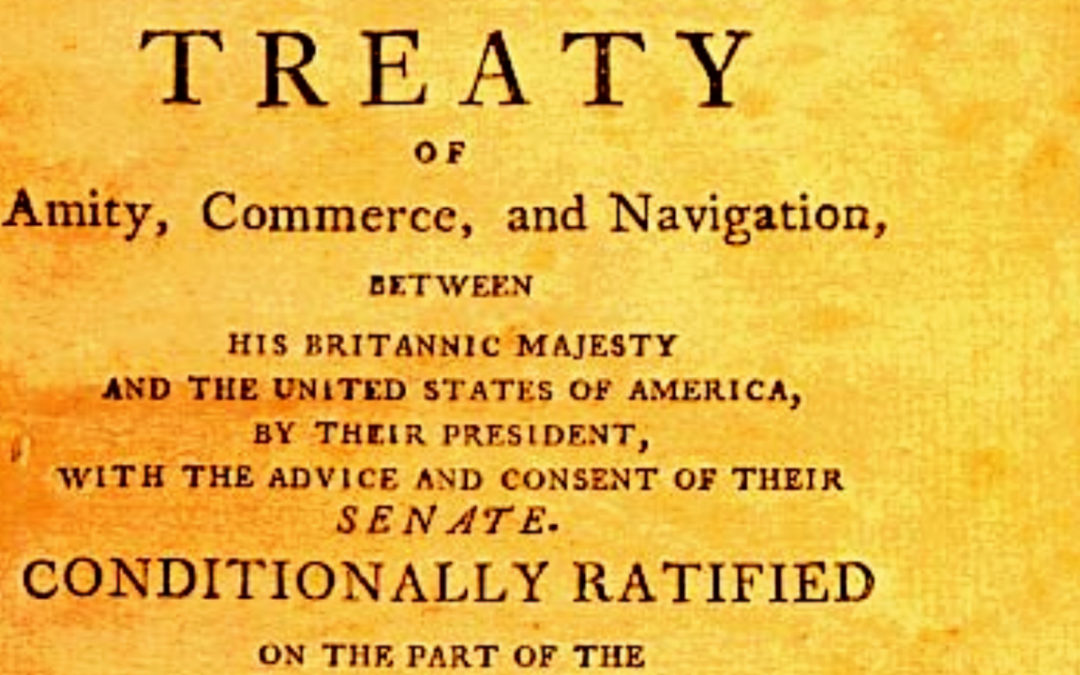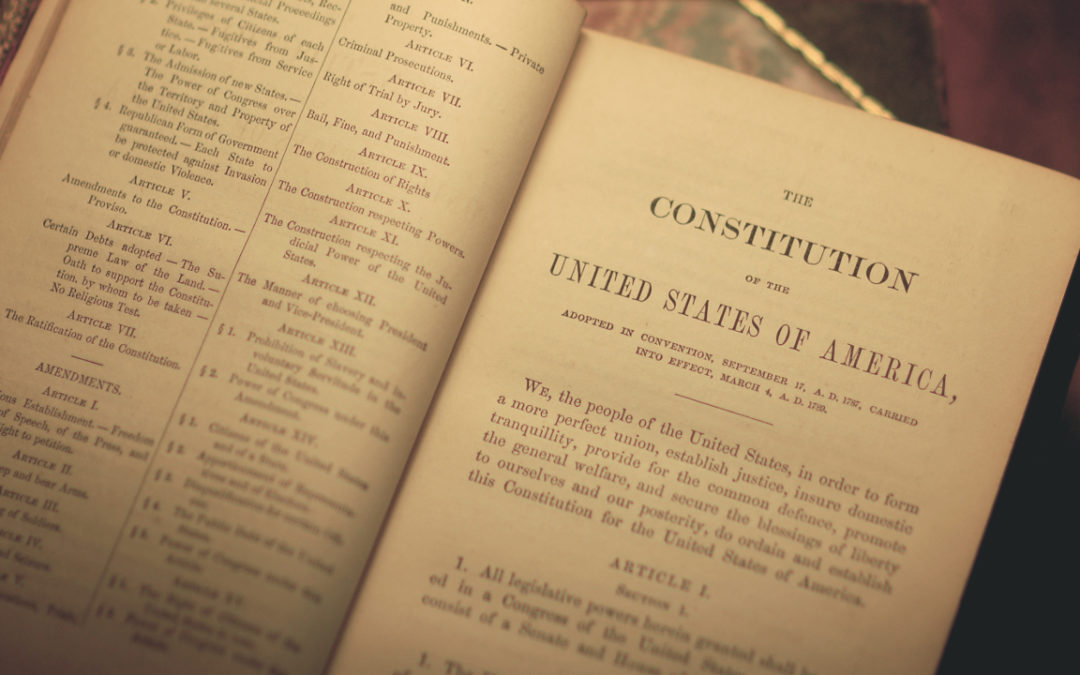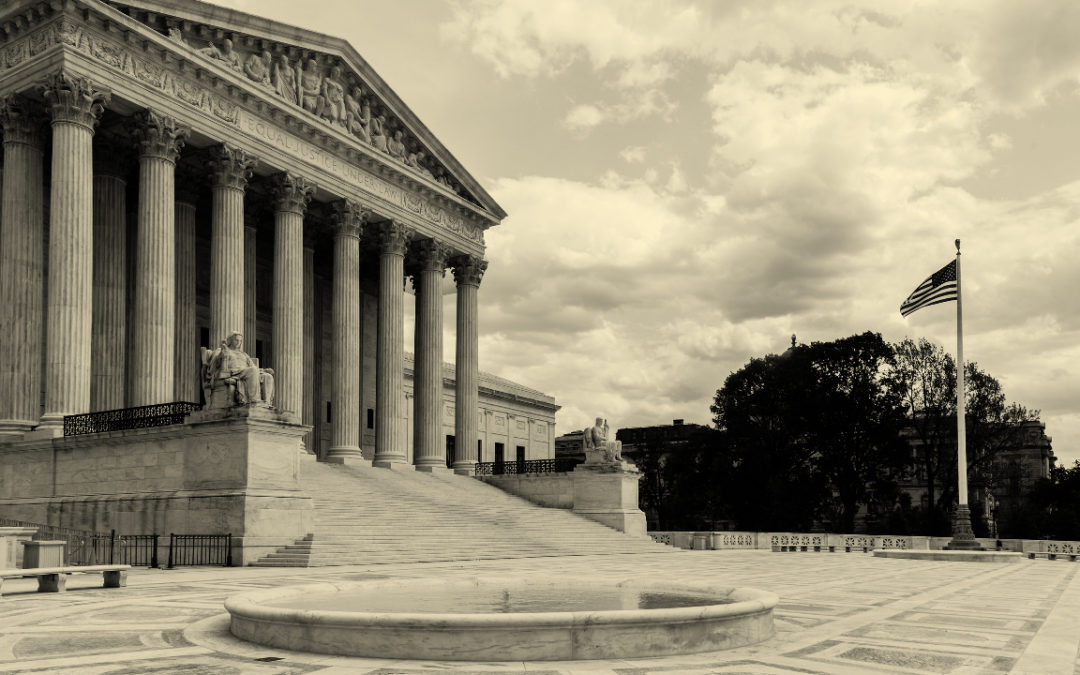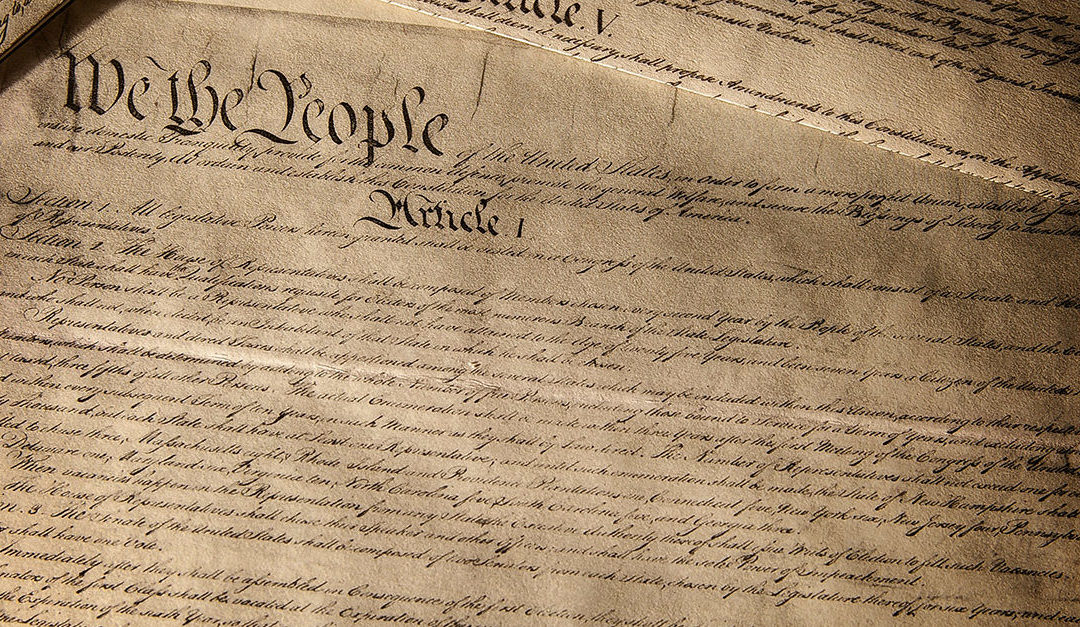


The President’s Power to Terminate Treaties
At The American Conservative, Senator Rand Paul: The President Can Terminate Treaties Alone. From the introduction: When faced with questions relating to America’s role in the world, we would be wise to heed the advice of the Founders. George Washington urged...
Insupportable Burdens: Antifederalist Cato No. 6
In his 6th paper, Cato predicted direct taxation on individuals in spite of Federalist assurances the government would be able to survive on trade and import duties. He also described the Senate as an aristocracy, and warned that the treaty power would result in...
What did the US Supreme Court actually say in its Majority Opinion in McGirt v. Oklahoma?
Here is the majority opinion in McGirt v. Oklahoma [link]. The issue on appeal was whether the State of Oklahoma has criminal jurisdiction over the Creek Indians for crimes committed by them on Creek land. The Supreme Court said, “NO!” The majority opinion lays out a...
